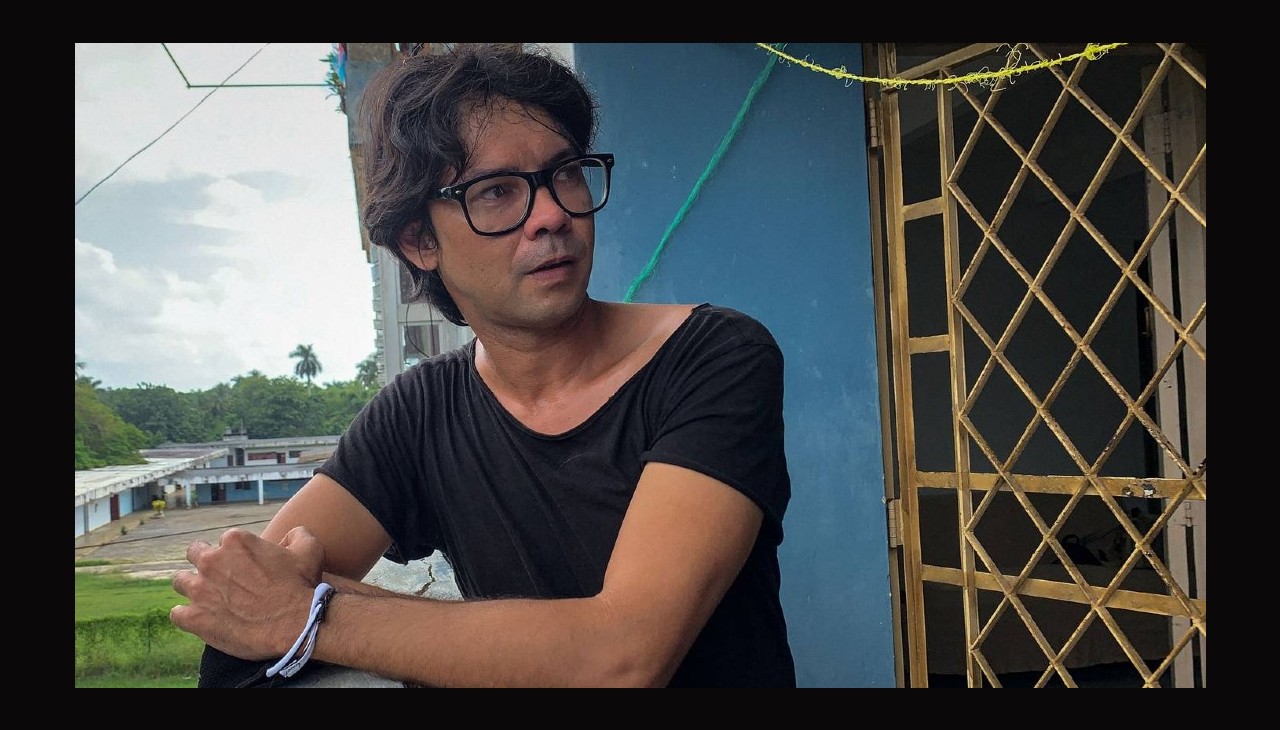
The revolution has metastasized
Cuban playwright Yunior García, exiled in Spain since 2021, wants to turn culture into the driving force for change on the island
In March 2019, Yunior Garcia fixed one tweet at the top of his Twitter feed that reads as follows: "I am convinced that it is easier to find the truth of a country in the creation of its artists than in the speeches of its politicians."
For now, he has no intention of changing it.
"And it's just something I believe. When there is an event somewhere in the world, the first thing I ask myself is not what their politicians are saying, but what their artists are painting, what poetry they are making, what plays are being produced... This subjectivity of the artist is closer to the reality of their countries than what the politicians say," explained the young Cuban playwright and activist exiled in Spain in a recent talk at Casa America Barcelona.
Estoy convencido de que es más fácil encontrar la verdad de un país en la creación de sus artistas que en los discursos de sus políticos.
— Yunior García Aguilera (@yuniortrebol) March 4, 2019
Garcia, was one of the main drivers of the protests that shook Cuba in July last year to demand free elections and freedom for political prisoners, in addition to protesting against the Diaz-Canel government due to the health crisis caused by the pandemic, shortages and rationing of food and medicine. Seeing his freedom threatened, Garcia decided to go into exile in Madrid, where he has been living since 2021.
According to Garcia, the Cuban government is in "frank decline in every sense."
"It's not a question of wondering if the Cuban regime is going to fall or not, but of knowing when," added the playwright, who later, on Nov. 15, 2021, led a collective of artists and intellectuals known as Archipiélago in the call for the so-called Civic March for Change, another protest to demand freedoms, which the government declared illegal and a "destabilizing provocation."
That day, Garcia's house was under siege, as well as those of other opposition leaders and journalists. Many others were arrested when they left their homes to demonstrate. Garcia decided to go into exile.
"The regime's response shows once again that the rule of law does not exist in Cuba, that they are not willing to respect even their own Constitution and that they violate the human rights of Cubans," the group responded through their social networks.
Dedicated to theater since he was young, Garcia is convinced that Cuba is the example of how artists and intellectuals are the key to understanding the future of the island.
"The politician simplifies his messages to reach the masses, the artist does the opposite. He complicates it, he wants to take it further, even within himself. They delve into the concerns and contradictions of the human," he said.
The power of social networks
This intellectual dichotomy, politicians on one side and intellectuals on the other, has always existed.
RELATED CONTENT
Now, thanks to social networks, the latter have a channel to shake the whole Cuban society.
"Before we had only television and newspapers. Now, with the Internet on their phones, artists and everyone else have a lot to gain," he says.
García gives as an example two phenomena that helped turn the July protests into mass protests. First, the success of the song "Patria y vida" on YouTube, which became a symbol against the Cuban dictatorship. "Patria y vida," by musicians Yotuel Romero and Descemer Bueno, the duo Gente de Zona and rappers Maykel Osorbo and El Funky, is an open criticism of the Cuban regime and indoctrination on the island. It reached more than 72 million views.
In second place, the tweets against the Diaz-Canel regime by U.S.-based porn actress Mia Khalifa, very popular among young Cubans.
"How do y’all have money for these troops, but not for soap in your hospital bathrooms? Not the hospital for tourists, the one for your citizens. We know the tourist hospital is in great condition @DiazCanelB?" the actress denounced in a tweet during the July uprisings.
From artist to citizen
Garcia's activist spirit began a few years ago, when he decided to "go from being an artist to a citizen." Throughout his career as a playwright he listened to his teachers, who advised him that if he wanted to be critical of the regime, he should do it through the characters in his plays, as in the case of Sangre (2008), a lady in white with a critical discourse appears.
"I was allowed to do theater without too much censorship, I left Cuba 17 times, theater does not have a massive reach. But when I got to television I found a greater censorship. When one day I got tired of hiding behind the character of an artist to be the one who spoke, as a citizen, my teachers told me 'you have crossed the line,' we can no longer protect you," he explained.
From his exile in Spain, Garcia does not mince words when it comes to comparing the Cuban regime to a fundamentalist sect, like the regime in Iran, with the disadvantage that they have no leader.
"There is no way they can recover because they don't even have a leader, a sorcerer who can seduce society with his demagogy. Castro was that, but now he is gone. Today the government is governed by a system of cadres, the most talented go up, not the most talented, but the most obedient. They are all mediocre. For me it is clear, the revolution has metastasized: the question is not if it is going to fall or not, but when it is going to fall," he concludes.



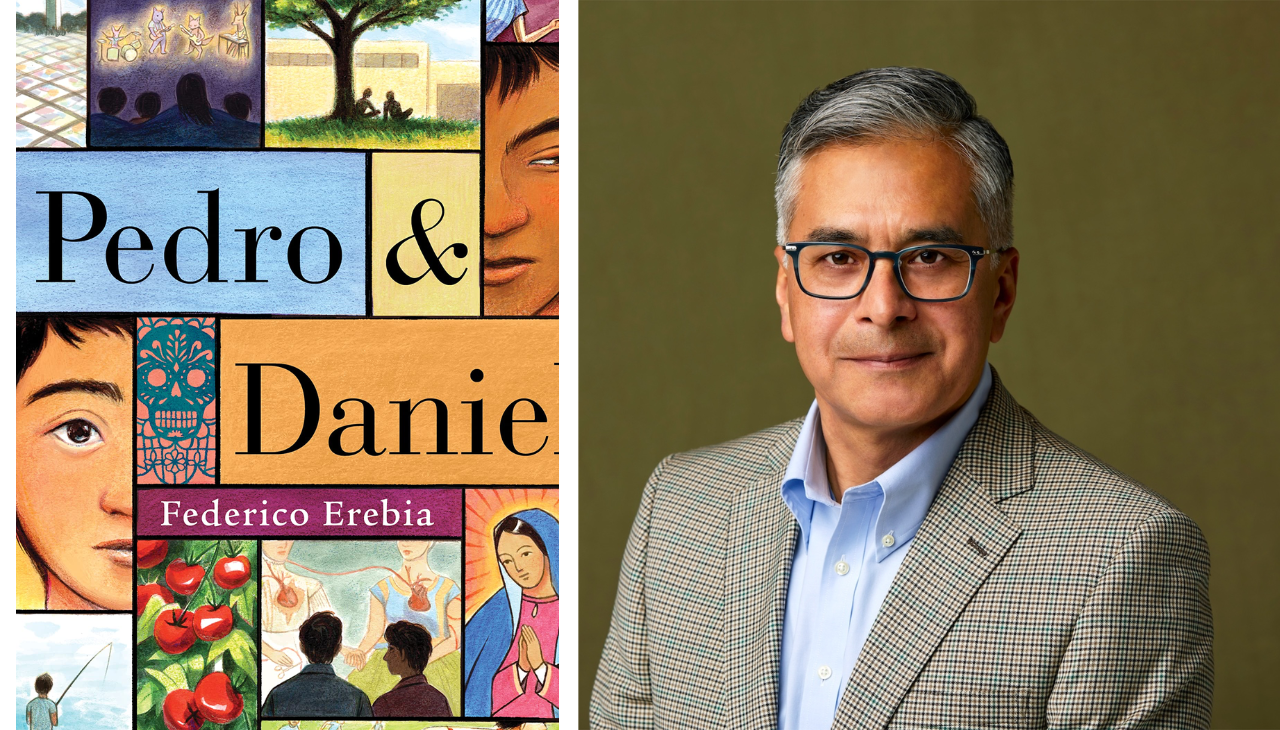
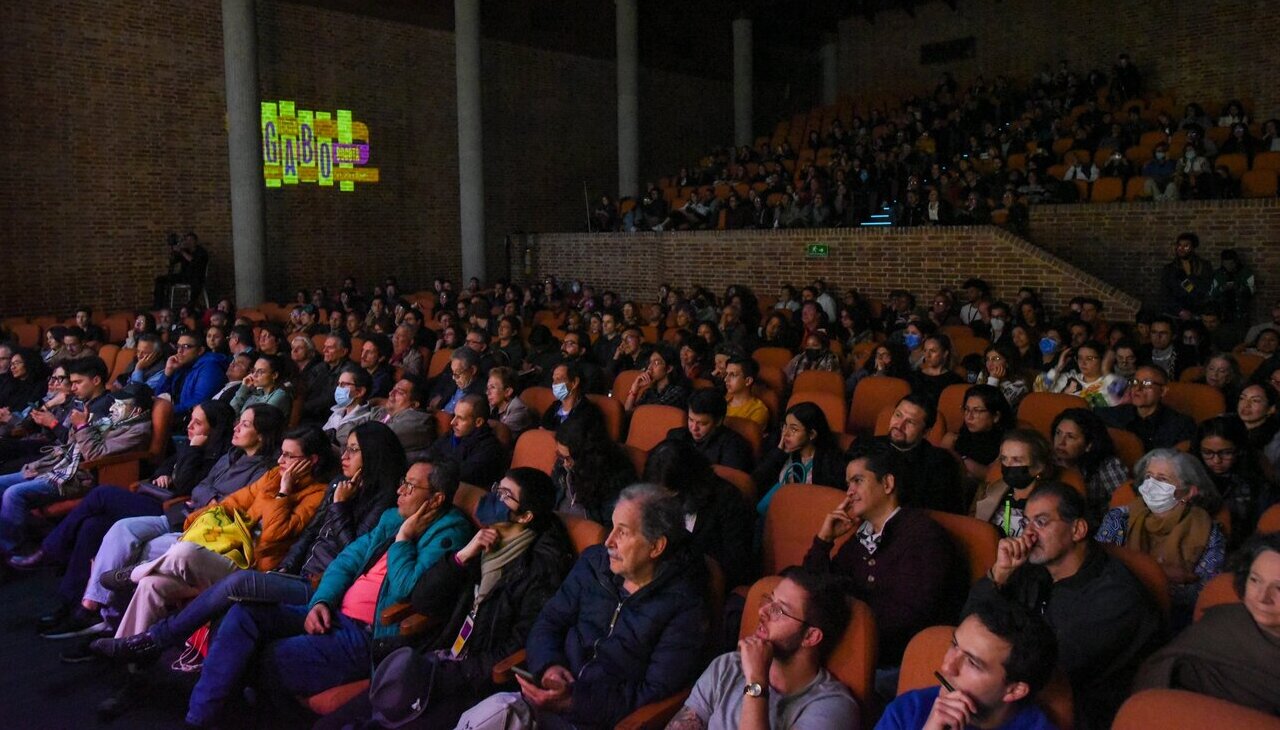
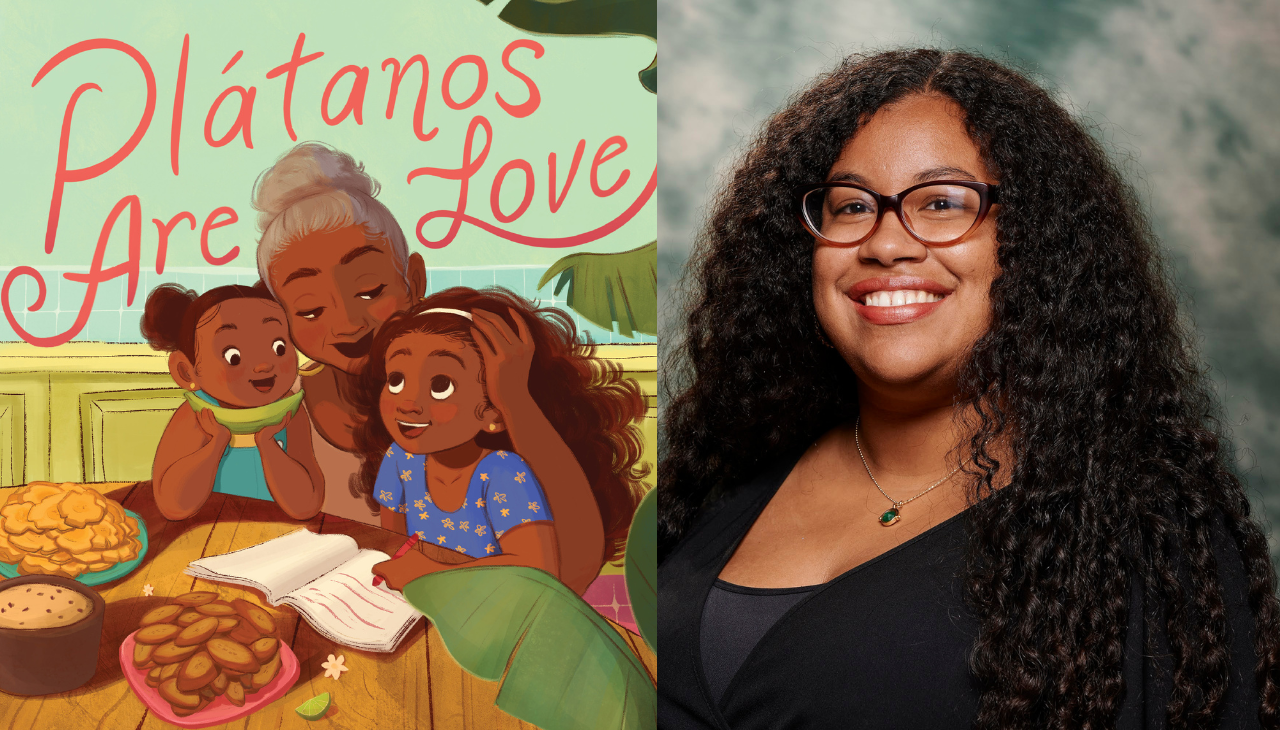
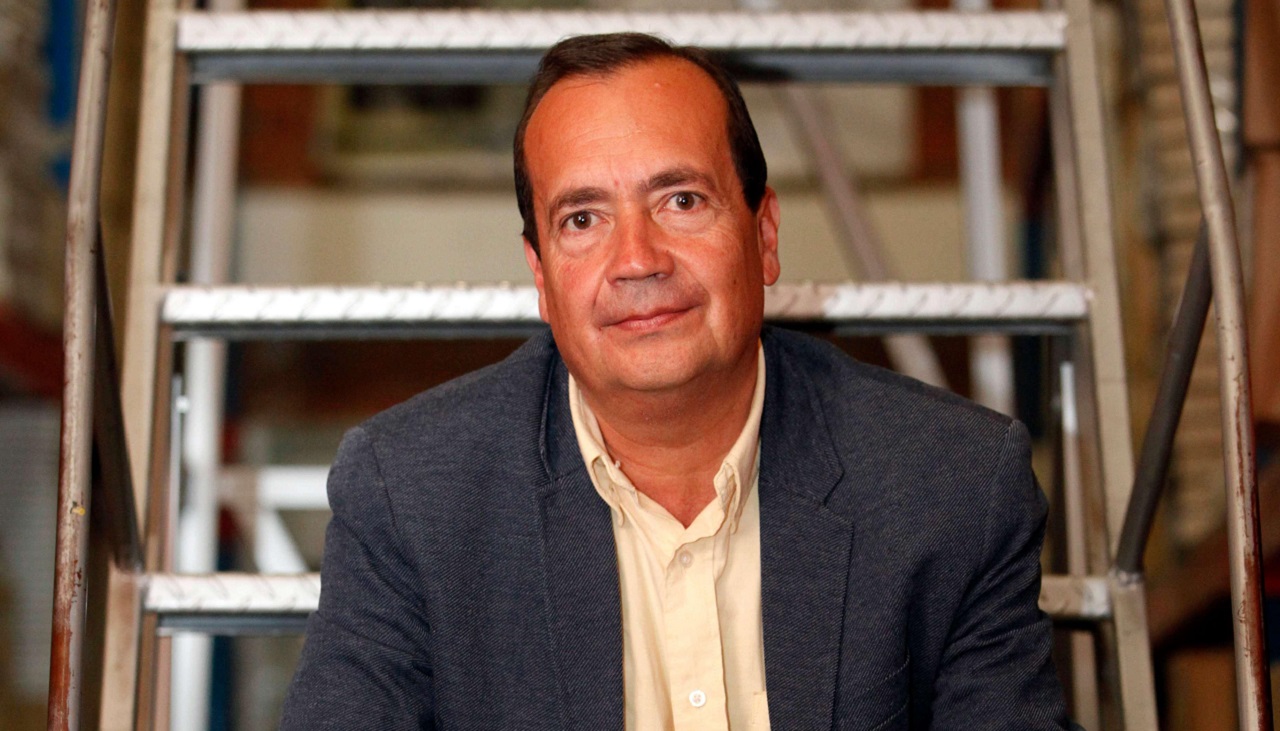
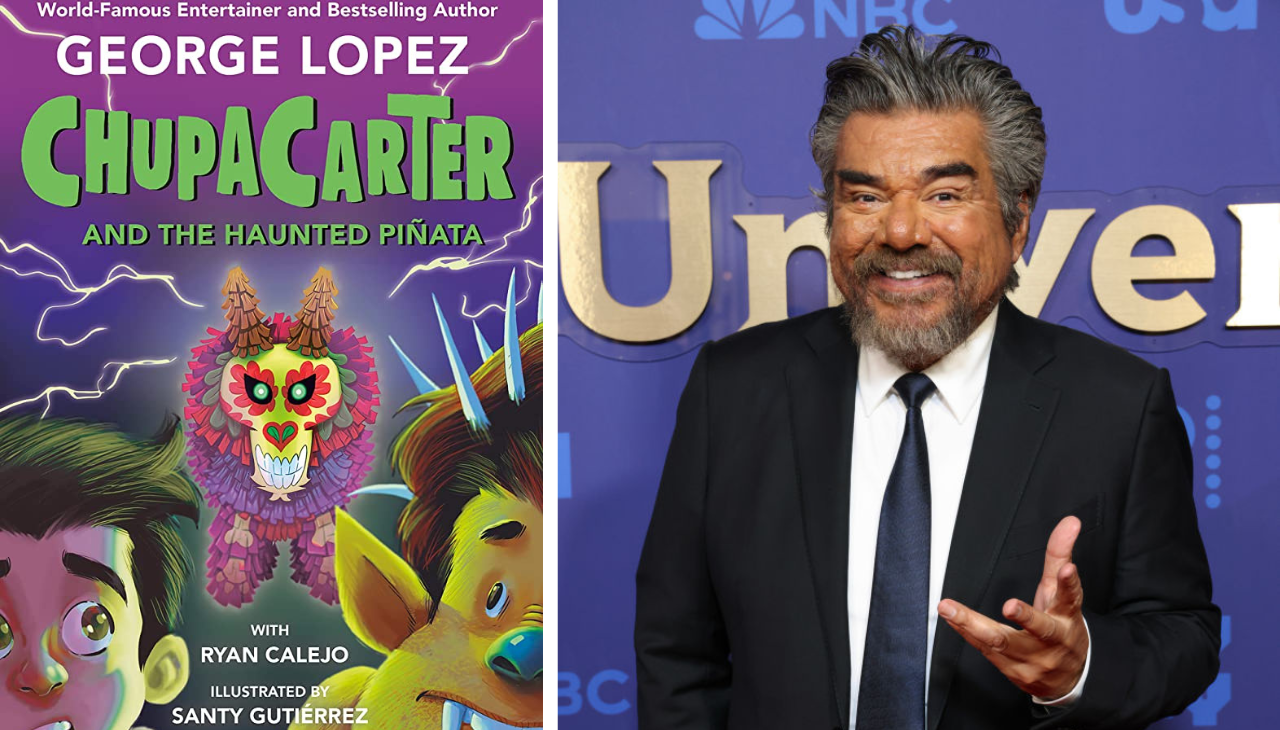
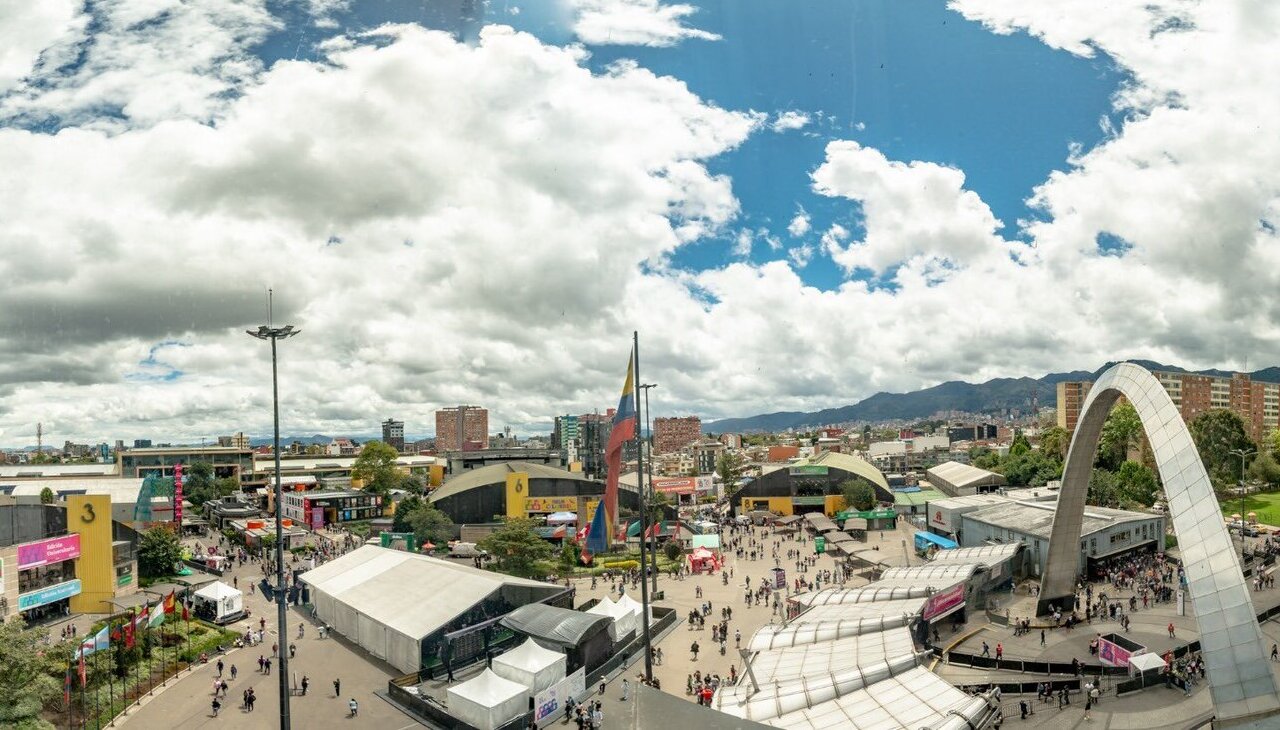
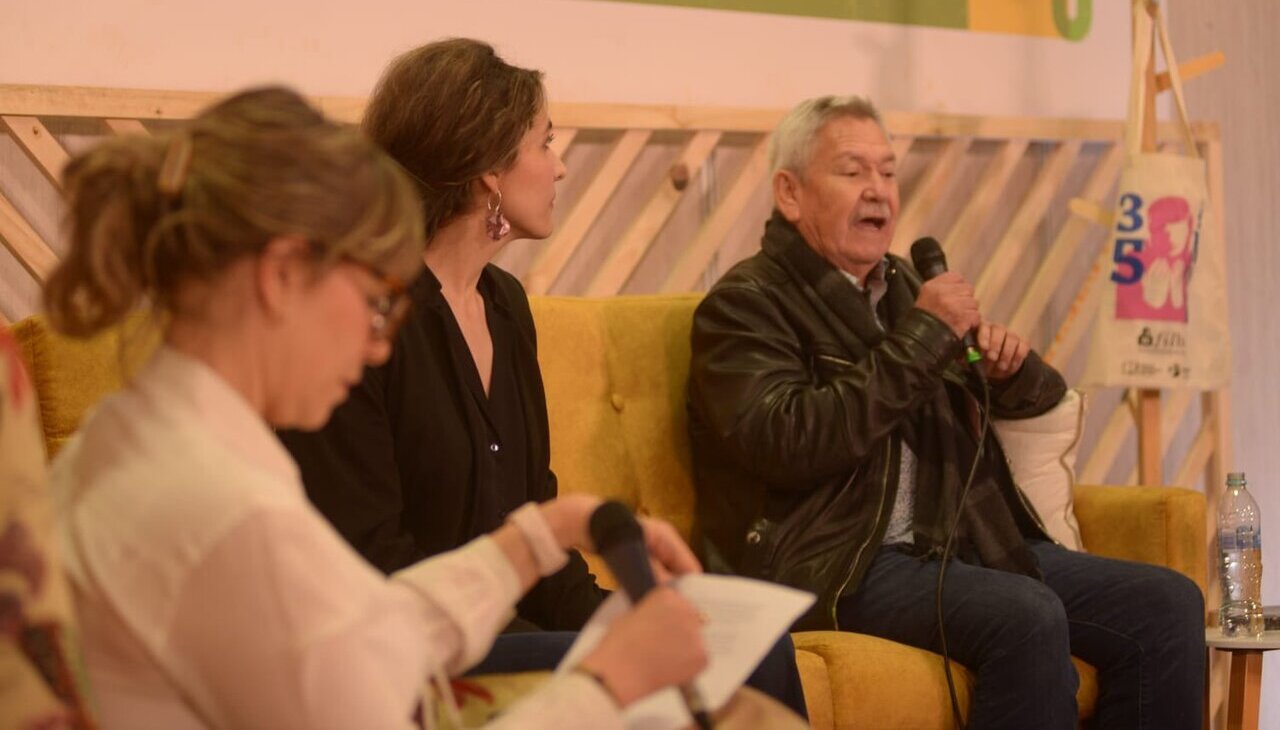

LEAVE A COMMENT:
Join the discussion! Leave a comment.